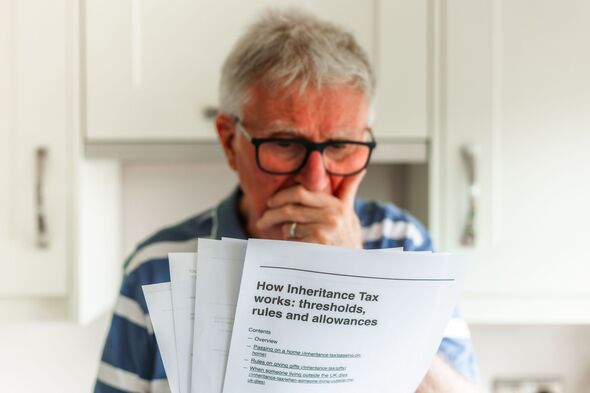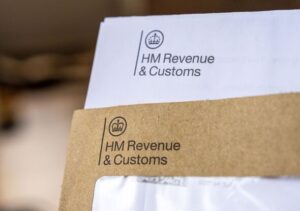
The Budget move to levy inheritance tax on pension pots will add red tape and “undermine” the retirement saving system, according to investment experts.
An exemption that allowed elderly people to pass on a pension pot free of inheritance if the holder died before the age of 75 has been removed.
As a result, the taxman could effectively hoover up around two-thirds of pension pots left to loved ones through a combination of inheritance tax and income tax levied on the recipient.
Investment experts say the change has reduced the attractiveness of investing into a pension, leaving many people confused and looking around for alternative ways to pass on wealth.
Michael Summersgill, chief executive of investment site AJ Bell, has written to the Chancellor to warn the Budget proposal was “arguably the most complex and costly way of raising tax from unused pensions on death”.
He added: “If the government presses ahead with the proposals as written, it will risk fundamentally undermining the UK pensions system.”
Mr Summersgill argued there were much “simpler” ways for the Treasury to raise money via the retirement savings system.
Budget documents suggest the removal of the inheritance tax exemption could raise almost £1.5 billion a year by 2030, which is some three times the figure expected to be raked in by the controversial change to inheritance tax rules for farmers.
Mr Summersgill said the changes risked leaving higher-rate taxpayers paying, in effect, a rate of 64 percent on an inherited pension. He also warned that beneficiaries could face delays in receiving the pension money, since unused retirement pots will have to go through probate before being distributed from April 2027.
In the letter, which has been seen by the Financial Times, he said: “At what will be an emotionally challenging time for those close to the deceased . . . the process of distributing much-needed support will end up stalled in a much more complicated probate process.”
Wealth managers that offer pension advice such as AJ Bell, Hargreaves Lansdown and Quilter have been rushing to rethink retirement savings plans in response to the Budget.
The government’s proposals would require pension providers to use a “personal representative” of the deceased pension owner to calculate how much of their pot could be exempt under the nil-rate band — the amount of an estate that is free from inheritance tax.
However, this will add costs and complexity to the process. As a result it may well become impossible to meet the legal deadline to pay inheritance tax within six months.
Delays would be most likely when the deceased had not left a will and had several pension pots from multiple employers. Pension funds that hold hard-to-sell investments could exacerbate delays.
Instead of bringing pensions within the IHT regime, Mr Summersgill called on Reeves to scrap a quirk in the system where beneficiaries do not have to pay income tax on the proceeds if the pensioner dies before the age of 75.
Helen Morrissey, head of retirement analysis at Hargreaves Lansdown, the UK’s largest “DIY” investment site, said: “If the process takes longer than six months to pay the inheritance tax bill then HM Revenue & Customs will start to charge interest, which will add extra headaches for families at what is already an extremely difficult time.”
Jon Greer, head of retirement policy at Quilter, told the FT that while the current interest rate on outstanding IHT was 7.25 per cent, it had previously risen as high as 7.75 per cent.
He said: “At present, pensions offer significant tax benefits, and pulling the rug out from under those who have planned their futures based on the current framework feels retrospective and unfair without some form of transition.
“The government must strike a balance between simplification, fairness and operational feasibility.”
A Treasury spokesperson said inherited pensions will be subject to “inheritance tax once and, if due, income tax once, as is the case with other savings”.
He added: “We continue to incentivise pensions savings for their intended purpose of funding retirement instead of them being openly used as a vehicle to transfer wealth.”

















